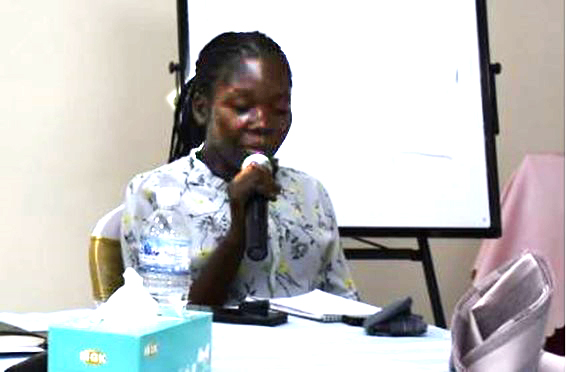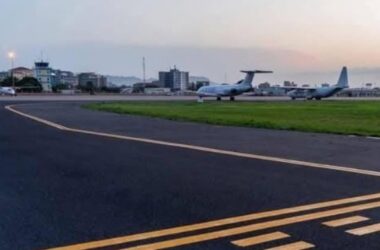By Alan Clement
Journalists in South Sudan have called on the Media Authority to reconsider the cost of accreditation, citing financial hardship, low pay, and systemic constraints that continue to undermine press freedom and professional sustainability.
Speaking at a media forum in Juba, Emmanuela Joyce, a journalist with the South Sudan Broadcasting Corporation (SSBC), called on authorities to ease the financial pressure on reporters by reviewing the current accreditation fee structure.
She suggested that revising the fees or extending payment deadlines would offer much-needed relief to journalists working under difficult economic conditions.
“We still need more support from the authorities concerned that, as we have seen, most of the journalists are not financially stable. Can we at least work on the accreditation fee? Because I think most of the challenge is paying that money,” Joyce said adding, “If we can at least give them extended time so that they will be able to meet the payment,”
The forum, organized by the Union of Journalists of South Sudan (UJOSS), brought together media stakeholders for a breakfast meeting under the theme “Role of Journalists in Promoting Justice in South Sudan.”
The event aimed to highlight the critical role of the press in advancing justice and accountability, while also addressing challenges journalists face in carrying out their work.
Joyce also highlighted broader challenges facing the media sector, including harassment, censorship, and limited access to information. She pointed to the growing interference by security agencies in editorial decisions.
The National Security Service usually visits media houses and decides which news articles will be published and which will not. In other words, acting as editors and this raises a high kind of threat to the media fraternity,” she lamented.
Responding to concerns over journalists’ protection and media regulation, Sapana Abuyi, the Director General for Media Compliance at the South Sudan Media Authority, said the government remains committed to safeguarding journalists’ rights while ensuring professional conduct within the law.
The safety of journalists is paramount. They have to be safe and free to do their work as they cover all court hearings. If a journalist is proven to be a media worker, no drastic action should be taken against them. Any case should be referred to the Media Authority,” Abuyi said.
He added that the Authority’s approach is focused on education rather than punishment. “We must first create awareness and educate journalists. Punishment should not be the starting point,” he emphasized.
Adding a legal dimension, Elijah Mayual, a legal consultant and advocate, underscored the need for stronger collaboration between lawyers and journalists to ensure fair treatment and access to justice.
Journalists need to know the legal and regulatory framework,” Mayual said stating that, “Justice starts from understanding your rights and conducting yourself within the law. Lawyers also have a duty to challenge any provisions that are restrictive or contradict the Constitution.”
He called for increased legal literacy, policy reform, and institutional safeguards to ensure journalists can operate safely and ethically.
The calls come amid growing concerns over the cost of accreditation, low remuneration, and continued restrictions on press freedom in South Sudan, where several journalists have faced harassment or arbitrary arrests in recent years.




